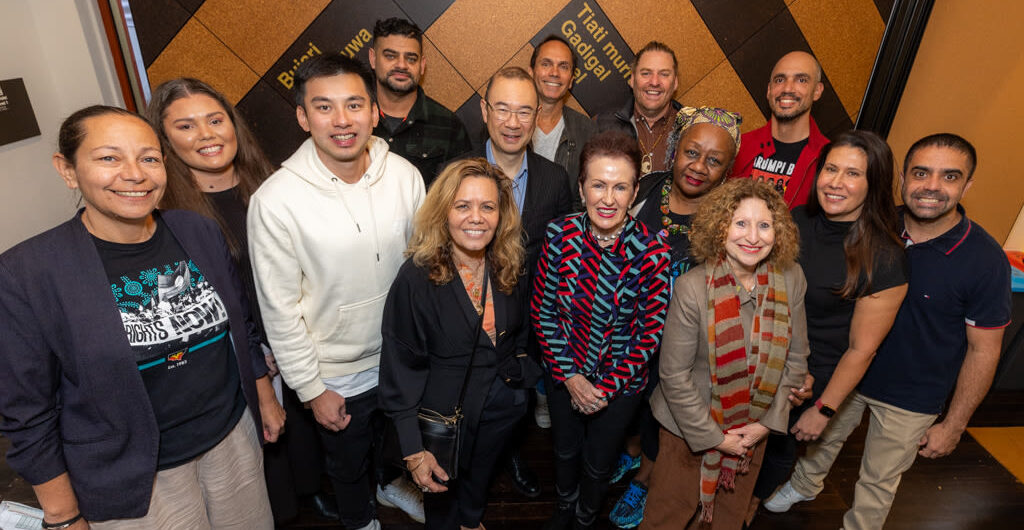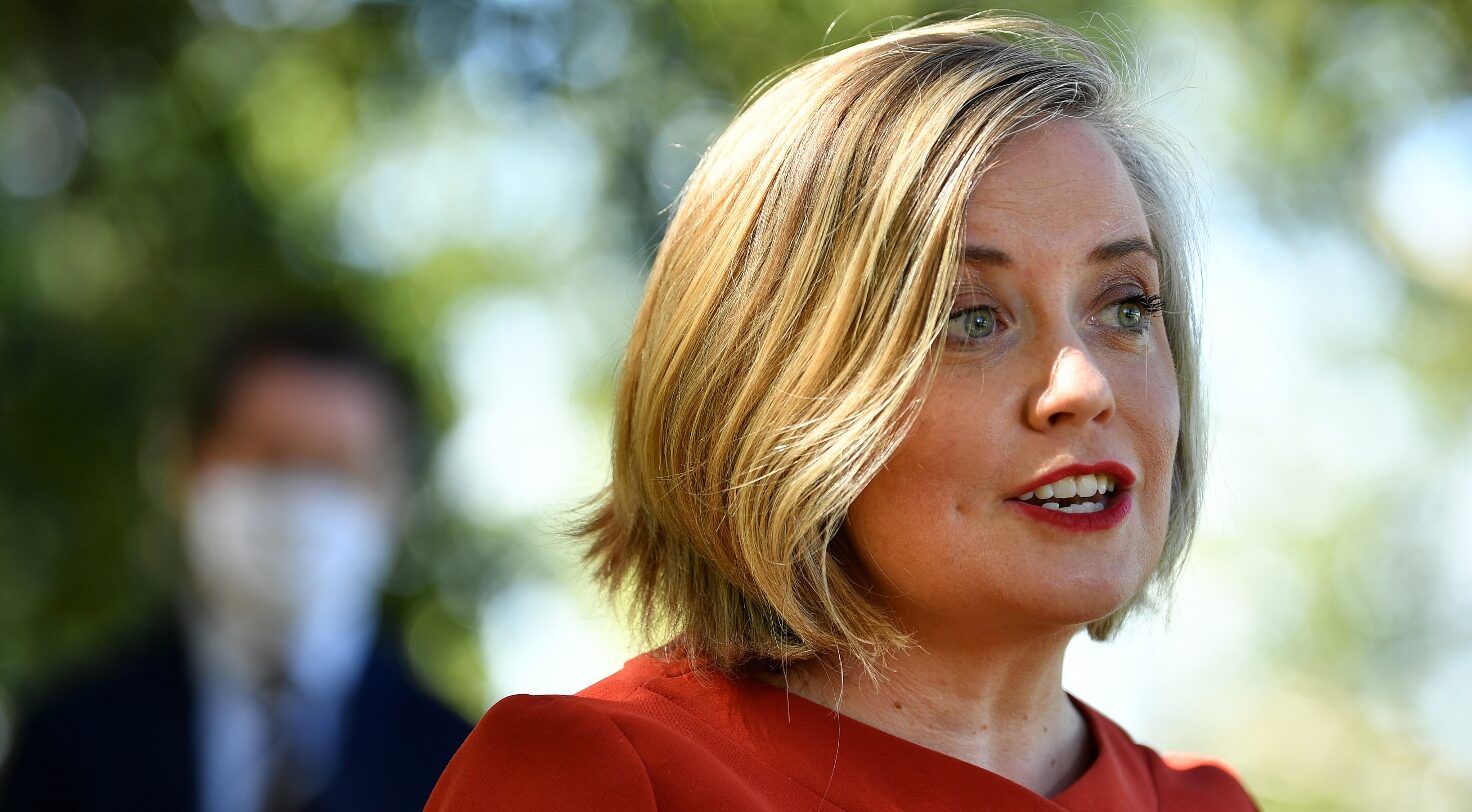
Community radio has real issues to resolve
“Everyone’s a volunteer but no-one seems happy about it.” One volunteer’s telling comment, buried in the middle of a review into community radio station 2ser, sums up the present dysfunctional relationship between the 30-year-old station’s volunteer lifeblood and management, with problems in communication, co-operative decision making, and morale heading the list.
The report, obtained exclusively by City News, was prepared by Professor Philip Bell and Annmarie Chandler in the second half of last year, but has remained in the hands of the board despite requests from the station’s Volunteers Committee for it to be made public. In an email to the Volunteers Committee from the Board’s Chairman, William Purcell, the decision not to release the document was defended on the grounds it was “a document commissioned by the Deputy Chancellors and the board and as such it’s my view that it is properly a board document and should not be circulated more widely.”
Yet this goes against the explicit assumption of the report’s own conclusion, which anticipated it would be “made available to all 2ser staff, and to other interested parties and stakeholders”, as the Board considered its recommendations.
Moreover, despite the review’s recommendation that volunteers be both consulted and involved in the appointment of a Volunteer Co-ordinator and University Liaison position, this has not been the case, with the Volunteers Committee describing the decision to create the position as being “executed without any genuine recourse to the interests and needs of volunteers at 2ser”.
Indeed, problems between management and volunteers have grown so serious that following a two-and-a-half-hour meeting last week between Station Manager Philip Shine and a delegation from the Volunteers Committee, a long-serving and well-regarded volunteer has left the station.
Historically, 2ser has operated at arms’ length from its two sponsoring universities, UTS and Macquarie, answering to the Board largely through its financial statements. However, the review recommends a revitalisation of the Board, empowering it with the remit to “oversee and implement far-reaching change”. In particular, it sets out the need for a rethink of the composition of the Board and its role and relationships with station staff, drawing in expertise in several fields relevant to both the station and universities, including ‘converging’ media contexts and the changing community sector itself. Tellingly, the review’s authors describe such reforms as “long overdue”, and “hope that it will break the existing pattern of static, reactive, disinterested (and perhaps uninterested) governance”.
It is to be hoped greater oversight from the Board would lead to reconsideration of certain station management practices which the report also highlighted as being in need of attention. These included poor communication on the part of certain staff with each other, with the Station Manager, and especially volunteers. Damagingly, Bell and Chandler described co-operative decision-making as a “rare exception” at the station, “perhaps because appropriate meeting procedures and communication practices have been largely forgotten”.
2ser may promote itself as ‘Real Radio’, but for now, it has Real Issues to resolve.









